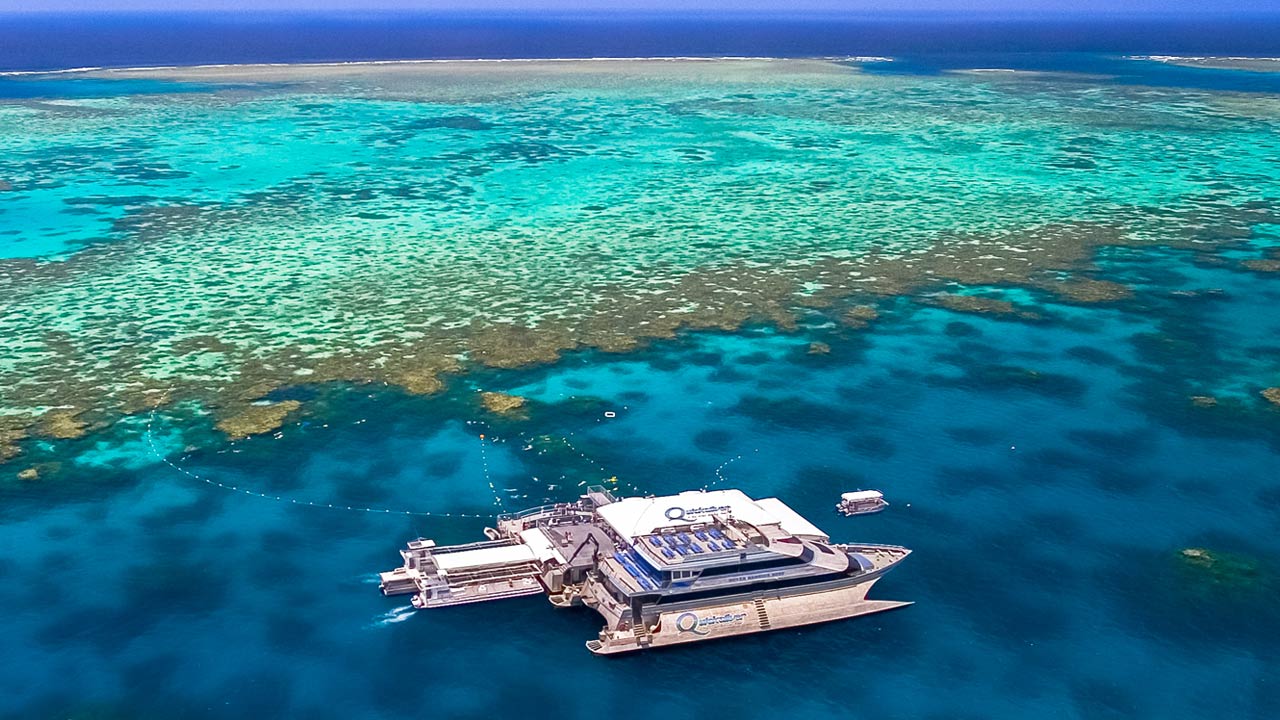MELBOURNE, April 29 (Xinhua) -- The bleaching of Great Barrier Reef coral this summer was made 175 times more likely due to human-induced climate change which influenced sea temperatures, Australian scientists have found.
Using climate modelling, a team of scientists from Melbourne University discovered the Coral Sea's record temperatures could be put down to a combination of greenhouse gas emissions and natural variation.
But while natural variation only accounted for a temperature increase of 0.5 degree Celsius, the impact of climate change since 1900 accounted for a rise of 1 degree.
The scientists said without the influence of greenhouse gasses, the chances of the 2015-16 Great Barrier Reef bleaching event occurring were 175 times less likely.
The recent bleaching event was the third in the past 18 years.
As of late March, scientists estimated that around 93 percent of the reef had experienced bleaching, prompting renowned British naturalist Sir David Attenborough to call for urgent action to prevent more irreparable damage.
The Australian researchers have taken the extraordinary step of pre-releasing the study's results in order to highlight the plight of the reef, one of the Seven Natural Wonders of the World.
">